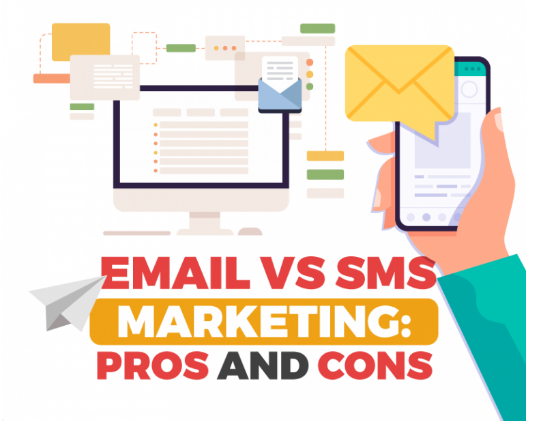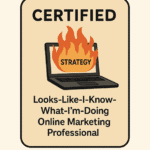SMS isn’t a new way to market your business, but it is increasing in popularity. However, although the technology has been around for a long time, there are SMS marketing myths and many people still need to understand or learn how it works.
SMS marketing is a direct marketing form, but it’s different from email or social media. With SMS marketing, you’re reaching out to your customers via text message, connecting with them in real-time, and getting their attention in a way other forms of digital marketing can’t achieve.
However, you may have encountered many myths about SMS marketing circulating in your industry, affecting your business. This article will discuss six myths in detail and debunk them below.
6 Myths About SMS Marketing Debunked
1. It doesn’t perform well
SMS marketing has been around for decades and is an effective channel to reach your customers. It’s important to keep in mind that SMS marketing is generally different than other types of digital marketing because it is more conversational, making it feel more personal, which is a considerable advantage over social media or email marketing.
When you market via SMS, you can write the messages you send as if you’re speaking to your friends: short, authentic, but still getting the point across. Composing messages this way makes them more likely to be read by consumers using their phones while doing other things, which means they have higher engagement rates than other forms of digital marketing.
2. It needs specialized apps and software
You can perform SMS marketing through any text messaging application; it doesn’t need to be specially designed for this purpose. If you’re using a smartphone, you already have access to an app that can send and receive text messages. The same is true for desktops, laptops, tablets, and other devices.
3. It’s only for big companies
SMS marketing is for more than just big businesses. Companies big and small can use the strategy, allowing you to stay connected to your customers as your business grows and expands.
SMS marketing can help your business keep in touch with customers, even if they need to actively engage with you on social media or via email. It’s great for reminding them about upcoming events or promotions without being pushy.
It also makes it more convenient for them to contact you when they’re looking for something specific from your business. For example, if they want more information about an upcoming product release or to schedule an appointment at your office, they can easily inquire through text.
4. It’s too expensive
The myth that SMS marketing is too expensive is one you’ve heard repeatedly. While it’s true that SMS historically has cost more than email marketing, that’s no longer the case. The price of your SMS marketing campaign will depend on how large your audience is.
Since SMS has a higher open rate than emails at 99%, an SMS marketing campaign can help you achieve a higher return on investment.
5. It’s impersonal and intrusive
You can tailor your messages to be more relevant to your customers, making them valuable.
When you use SMS marketing to connect with your customers and prospects, you want to use tools that will help you stay in touch with them, not just send random messages.
Ideally, you would also want to stay in touch with them in a way that feels meaningful and useful for them. Creating a personalized experience assures them that you care about their wants and needs.
That’s where SMS marketing comes in. With mobile messaging, you can send customized messages based on what customers have interacted with or done on your website before receiving them.
6. It’s only for millennials
Many think that SMS marketing is a fossil of a bygone era and that social media and the internet hascompletely changed how we communicate.
In reality, SMS marketing has been proven to be effective across all demographics and age groups, from teens to retirees. SMS marketing, compared to email marketing, has shown to be more effective at getting people to take specific actions, like converting on a purchase or making a donation.
Learn more on the infographic below >> source <<













